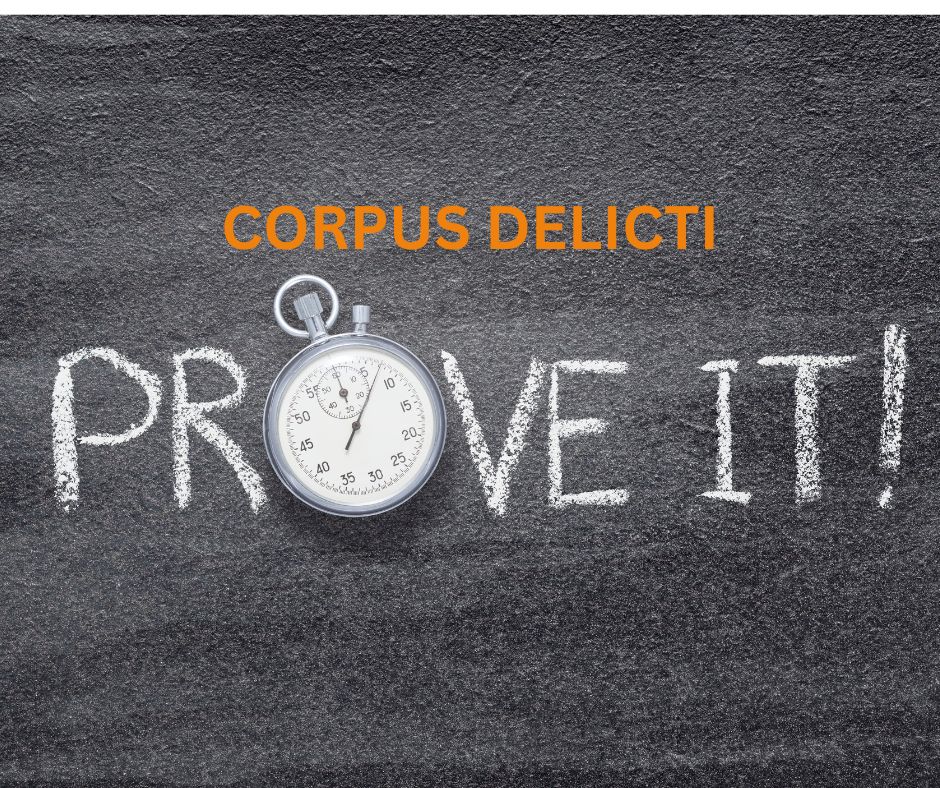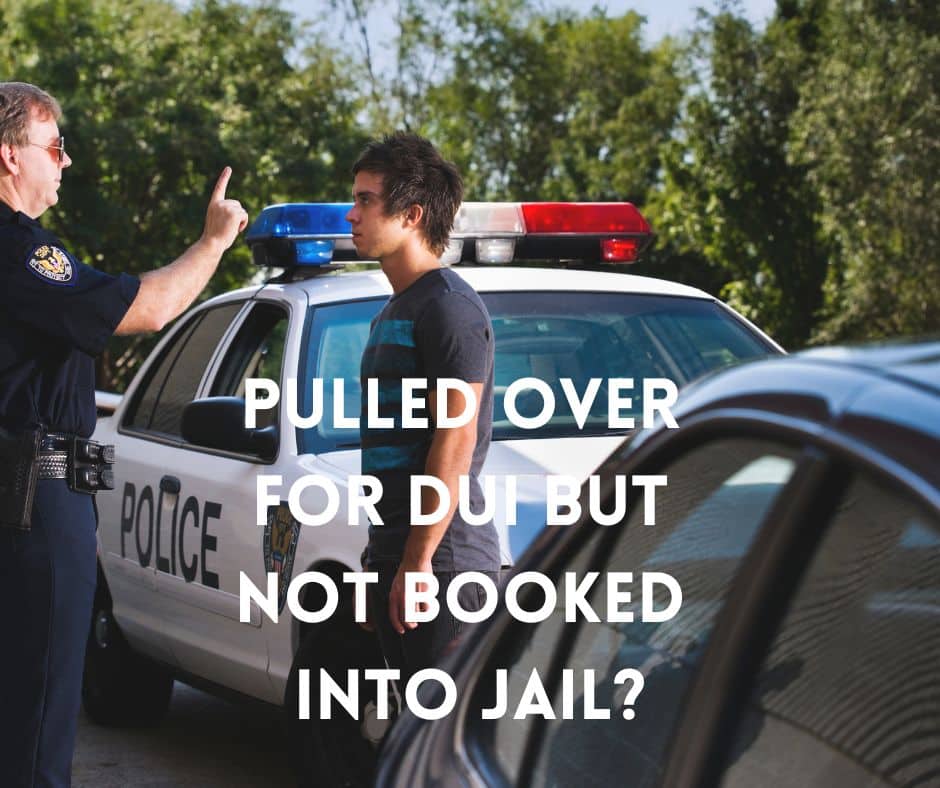Marijuana DUI
When Washington State added marijuana per se limits to the DUI statute, they unintentionally created a legal paradox. While an alcohol-related DUI is based on science, the marijuana DUI standards are based on fear. The marijuana standard of 5 ng/ml is simply an arbitrary number based on no clear understanding of THC on impairment.
When the marijuana DUI law was created, it was generally agreed upon that the 5 ng/ml standard did not truly measure impairment. Attempted measurement of impairment is too subjective based on many physiological factors that differ from person to person. The origin of the 5 ng/ml standard is not impressive. Rather than a basis in agreed upon science, it is the result of clamoring from multiple special interest groups.
For a free consultation call (360) 792-1000.

No Correlation Between Per Se Standard and Impairment
Marijuana does not have a steady burn off rate in our bodies like alcohol does. After an individual uses marijuana, even long after they are no longer “high,” the THC is stored in fat cells and slowly released over days or weeks. The “high,” or impairment, may only lasts a short period, but the measurable amount THC remains for a much longer period.
Drug Recognition Experts / DRE
Washington State has more than doubled its number of Drug Recognition Experts, or “DREs” in recent years. It is important to understand that a medicine prescribed by a physician, and used in accordance with the prescription, can lead to an arrest for DUI.
Having a valid prescription is not a defense to a DUI. Additionally, the lack of knowledge is not a defense. Many people are prosecuted due to prescription medications and sleeping aids.
Further, with the legalization of marijuana, there has been a huge uptick in the number of marijuana DUI arrests. While marijuana is legal, it is highly illegal to drive while impaired. If you are a daily user of marijuana, it is very likely that you are driving around DUI according to the statute. Actual impairment is irrelevant.
Click here to learn more about marijuana criminal charges
Within the first few days after a marijuana DUI arrest or stop, there are strategic decisions that need to be made (should you go obtain your own independent test?) and timelines that need to be recognized (do I need to request a DOL hearing within 7 days?). These decisions are critical and can not be revisited once it is too late. There is no risk to a free consultation so don’t blow past timelines!
The Marijuana DUI Statute
The statute that is used to criminalize marijuana and driving is simply a modified version of the decades old DUI statute. RCW 46.61.502 was modified in the following ways to regulate marijuana:
RCW 46.61.502
- A person is guilty of driving while under the influence of … marijuana … if the person drives a vehicle within this state:
- The person has, within two hours after driving, a THC concentration of 5.00 or higher as shown by analysis of the person’s blood made under RCW 46.61.506; or
- While the person is under the influence of … marijuana; or
- While the person is under the combined influence of or affected by intoxicating liquor, marijuana, and any drug.
- The fact that a person charged with a violation of this section is or has been entitled to use a drug under the laws of this state shall not constitute a defense against a charge of violating this section.
Similarities
The marijuana DUI is a gross misdemeanor, just like the alcohol DUI. The requirements upon sentencing are similar as well. An individual convicted of a marijuana DUI will also need to obtain an alcohol and drug evaluation, follow through with treatment, and complete a DUI Victim’s Impact Panel.
Differences
Difference 1 is the timeline. The timeline is much different with a marijuana DUI. With an alcohol DUI, an individual typically goes to Court for a first appearance on the next judicial day. The criminal process starts immediately. With a marijuana DUI, the Court process may not start for 4 to 8 months. Long enough where the individual can forget about it – and then they receive a summons in the mail. The reason for this long delay is that the arresting officer will send a suspect’s blood sample off to the Washington State Crime Lab. The Crime Lab doesn’t turn the result around for many months. Then, once the result is received by the arresting officer, it is finally sent off to the local prosecuting attorney’s office, who will ultimately charge the case.
Difference 2 is the presence of a warrant. In the great majority of marijuana DUI cases, the root of the blood result is a warrant. For law enforcement, obtaining a warrant is a specialized process fraught with pitfalls where law enforcement is prone to make errors. If an error can be exposed in any part of the warrant application process, then the result of the warrant (the blood result) can be thrown out.
Marijuana DUI cases are defensible. If you have been charged with a marijuana DUI case, you need to contact an experienced DUI defense attorney right away. You do not want to wait the 4 or 8 months until the case is charged.
If you have a question about a marijuana DUI case, call our office for a free, confidential consultation. We are here 7 days a week to help. 360-792-1000.
DUI Posts
DUI and Corpus Delicti

DUI and Corpus Delicti In Latin, Corpus Delicti means “body of the crime.” It is a procedural safeguard that we have in our legal system that basically means that a person may not be convicted of a crime unless it is first proven that a crime has actually occurred. In other words, the State needs…
Can You Get A DUI When You Were Not Drunk Or High?

There is no requirement of impairment for a marijuana DUI / DWI in Washington State. There is a per se standard of 5 ng/mL regardless of whether you had good or safe driving.

Get help now
Whether you choose to handle your case alone or you hire the Witt Law Group, get educated and prepared. There are so many factors that occur in the early part of your case that can dictate whether you will end up with a fair recovery. Remember that a consultation is free and worth your time. You will likely discover that the earlier you get an attorney involved in the process, the easier the transition back to normal life. Your attorney will take over all contact with the insurance adjuster and keep track of your treatment providers and bills. Your job is to heal. Our job is to present your injuries and damages to the insurance companies and argue for a fair settlement that accurately reflects the pain and damages you’ve suffered.

